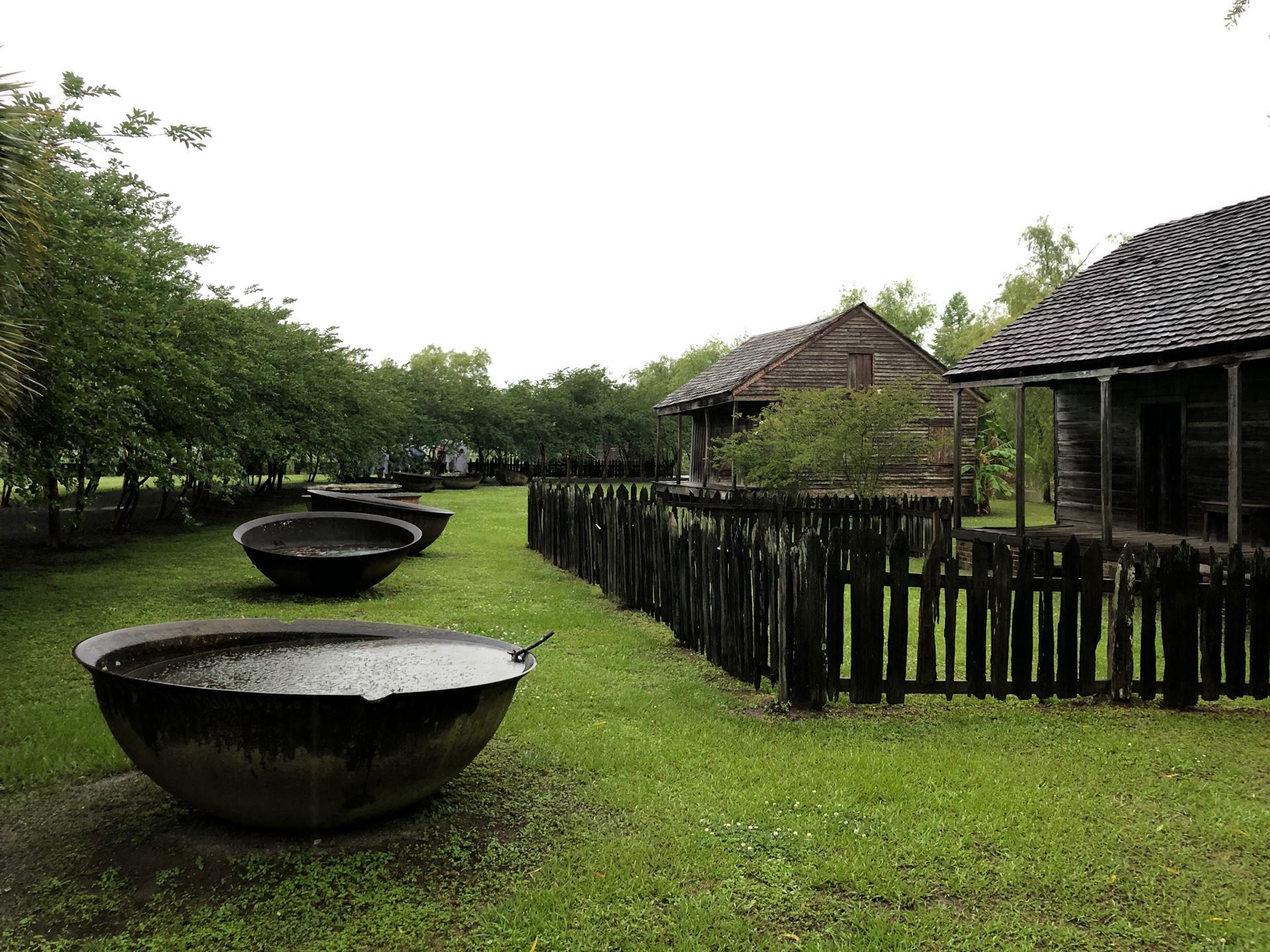
Sugar boiling pots and slave cabins, Whitney Plantation
When I was young, teachers at PS 110 in Manhattan tried to teach me that America was a “Melting Pot.” As I learned about my friends, classmates, neighbors, and how my family came to this country, that phrase lost its sensibility. My grandmother never opened a cookbook and my mother embraced the ever expanding frozen food aisle. I learned about the people who shared my world through their music and food ways and was fortunate to be surrounded by an endless supply of sounds and flavors to nourish my heart and my body. I came to learn that there is no single American culture, no one American story, and no giant simmering vessel in which it is possible to reduce and blend our complex history.
At the recent AAM conference in New Orleans, museum professionals shared their struggles, successes, and expertise. Many sessions were focused on AAM’s Diversity, Equity, Access, and Inclusion initiatives. The city of New Orleans was an ideal place to have discussions about how museums can use culture and art as our tools to amplify awareness, encourage social activism, and grow economic development for our communities. With my mind full of new ideas and my belly full of the evidence of the food culture, I thought how might we create a recipe for the future of our museum community? How do we become professionals and places where we not only educate but are educated by our communities?
In museums, we are comfortable with being educators. Now it is time to figure out how we allow ourselves to be educated. If we keep sharing our successes and our learning, we might just succeed together. It may be hard to find the right place to begin or how to start opening doors. Change is inherently subversive and someone will be disappointed no matter what you do. You may even do something “wrong” but at least you know you have done something.
A “melting pot” was never an apt metaphor for the United States. There was always and will continue to be too many flavors, colors, and textures for us all to homogenize into one single dish. And if we agree that authentic experiences matter, and the recipe for our future is about inclusion, wouldn’t you much rather be eating jambalaya?
Thank you for your support, e

Erika Sanger
Executive Director, MANY
